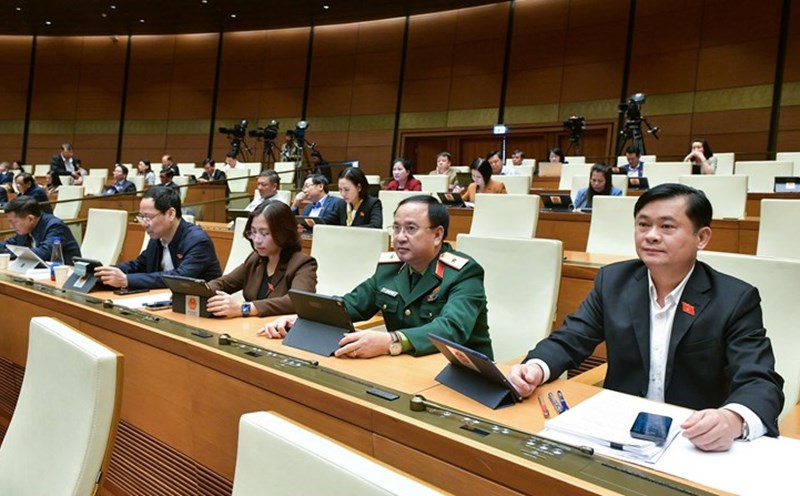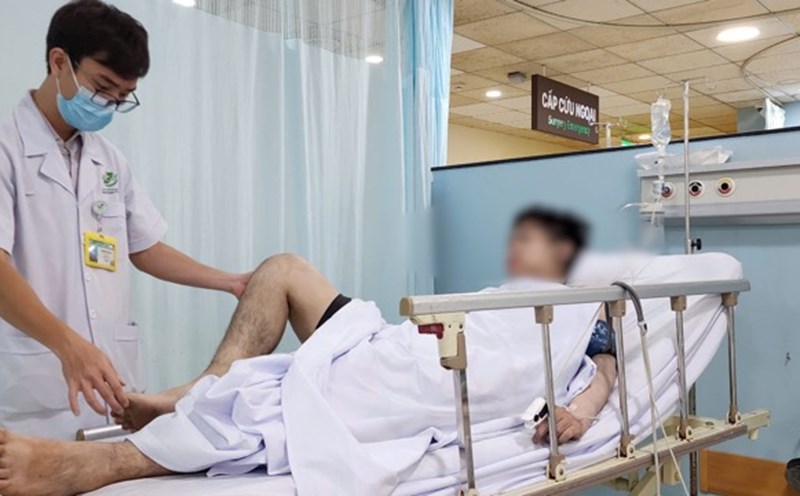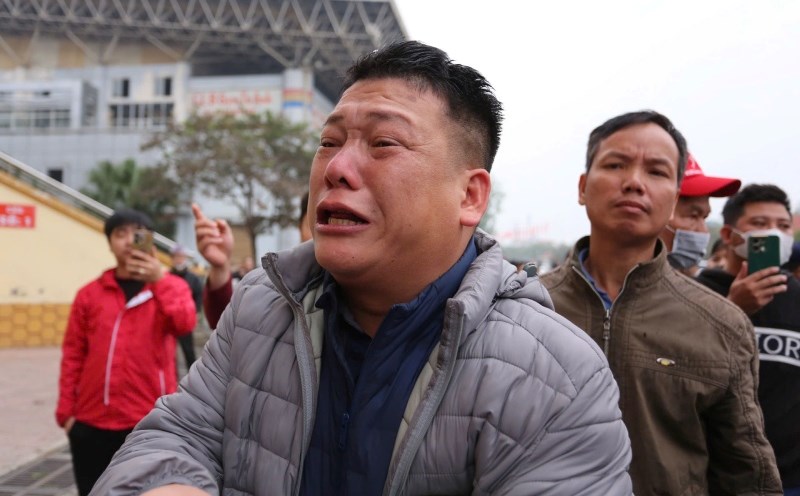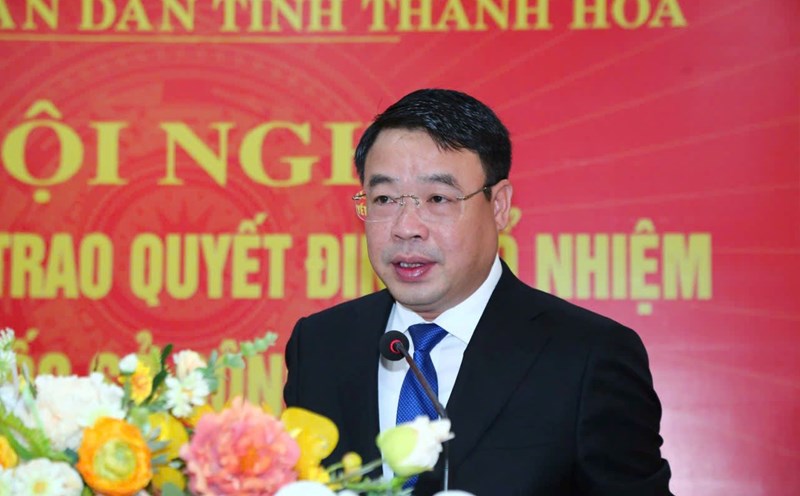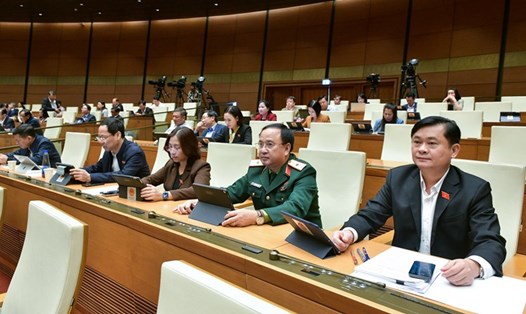Article 37 of the Law on Officers of the Vietnam People's Army, amended by Clause 12, Article 1 of the Law on Officers of the Vietnam People's Army, amended in 2008 (effective from July 1, 2008), stipulates the rights of officers who have ceased active service as follows:
Article 37.Benefits of officers who have ceased active service and officers who have sacrificed or died in active service 1.
Retired officers are entitled to the following benefits: a.
Pension calculated on the basis of the provisions in Clause 1, Article 31 of this Law; b.
If they retire before the highest age limit according to the military rank in Clause 1, Article 13 of this Law, due to changes in organization, staffing or expiration of the age limit for holding a command or management position in a unit that the army no longer needs, in addition to pension, they are entitled to a one-time allowance according to the Government's regulations; c.
Use of military uniforms, military insignia, rank insignia, and badges during holidays and meetings, and traditional exchanges of the army; d.
The local authority where the officer legally resides registers his/her household registration, creating conditions for him/her to make a living; in case he/she does not have a house, he/she is guaranteed housing or land according to the Government's regulations; e.
Medical examination and treatment under health insurance at military and civilian medical facilities.
The Law amending and supplementing a number of articles of the Law on Officers of the Vietnam People's Army (effective from December 1, 2024) has added Point e after Point d, Clause 1, Article 37 as follows:
“e) Enjoy the regime of nursing care, care when suffering from serious illness, information regime, funeral support when passing away according to Government regulations.”.
Thus, from December 1, 2024, retired military officers will have additional benefits: Enjoying a nursing care regime, care for serious illnesses, information regime, and funeral support when they pass away according to Government regulations.



